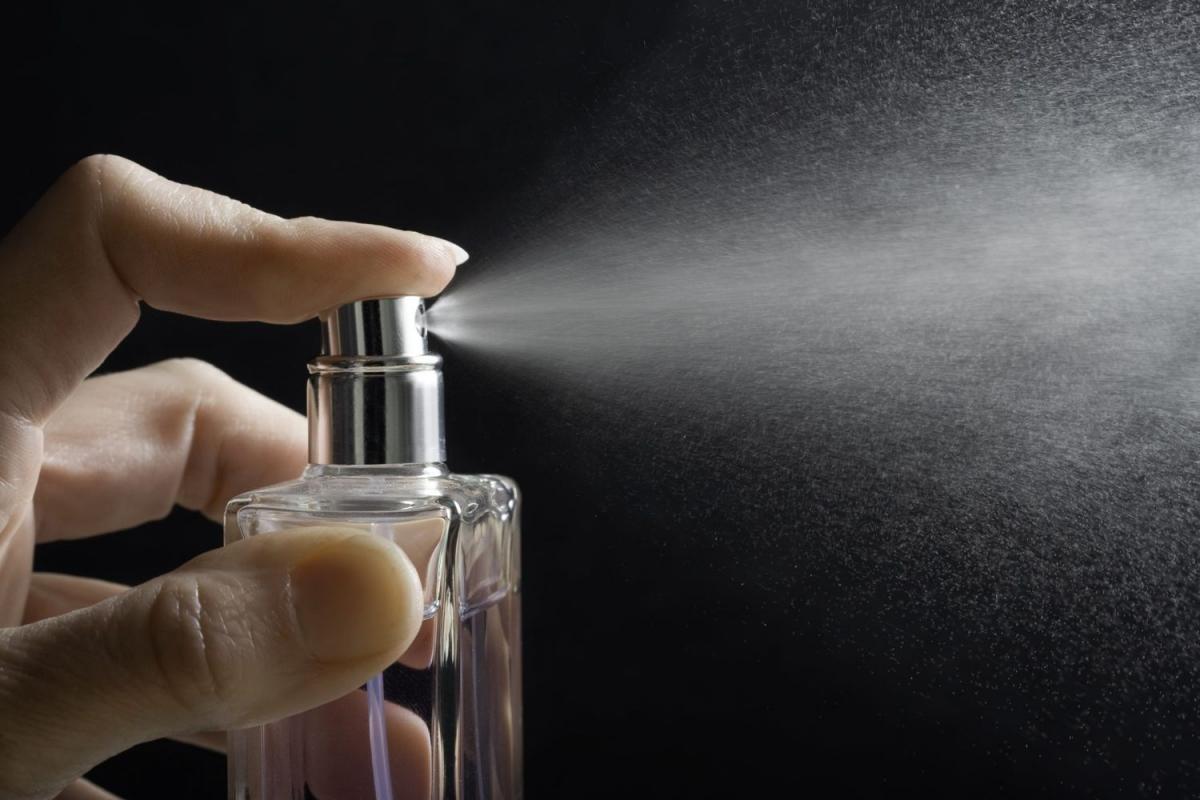Women are its primary consumers. But men are increasingly getting into the act. Manufacturers rely on it. It is an over $3B industry in the US.
It can be a serious nuisance, unintentionally imposed upon innocent bystanders.
We are talking about perfume.
Exposure to perfumes can cause asthma attacks, headaches, lung irritation, migraines, and nasal congestion among other maladies. Some reactions can occur in less than three minutes. Overall, scents have an unpleasant impact on 5%-35% of the population. (The reason that the range is so wide is due to the variety of perfume products.)
A couple of studies have attempted to measure the impact of perfumes on their unwitting victims. A 2016 study in the United States found that a third of the population suffers from allergies associated with fragrances in perfumes and household products.
A 2016 study in Australia observed that 98% of the 1,100 people surveyed had been exposed to a fragranced environment at least once a week. Of those individuals, 33% reported symptoms, such as respiratory difficulties, asthma, headaches, and migraines. Sixty four percent of asthmatics had one or more attacks. Of the 33% of sufferers, there were problems with upper respiratory issues (43.3%) and migraine headaches (28.2%).
Most perfumes are classified as irritants rather than allergens The average perfume contains 14 chemicals that could trigger an allergic reaction. The most common irritants are citronella, oak moss, balsam of Peru, and synthetic components.
Over 26 million people in the US suffer from asthma. In the US, there are more than 4,000 asthma deaths each year and asthma is a contributing factor in another 7,000 deaths. A single exposure to perfume can cause an asthma flare. In a flare, the lungs become hypersensitive to irritants or allergens resulting in numerous attacks, and these flares can last for days, weeks, or months.
Children with upper respiratory and lung issues are particularly susceptible to perfume exposure.
Perfumes are also a known trigger for migraines, headaches, and nasal allergy symptoms. In sinus headaches, the inhaled chemicals irritate the sinuses, causing them to swell. Swollen sinuses do not drain properly which creates a pressure build-up that can cause a headache.
For those who suffer with migraines, perfumes can be debilitating. A 2014 study found that 70% of odor triggered migraine sufferers were triggered by perfumes within less than 3 minutes of exposure. There are 35 million migraine sufferers in the United States.
Perfume sufferers are fighting back. Some employers and officials have created perfume-free zones in the workplace, airports, and other public spaces. But, in general, those who suffer from perfumes are left to cope with it on their own.
So, what can responsible perfume and cologne users do?
Consider using a different perfume or cologne. Some perfumes have been created using fewer known irritants. There are organic products that use natural oils instead of chemicals. Rose water as a replacement for perfume, is a lesser irritant.
Avoid applying perfume when you are going out into public spaces, especially crowded ones such as theaters, concerts, restaurants, mass transportation, and especially where children will be present
Be careful when applying perfume. If you are going out, never, never, never spray perfume into the air and walk through it. The perfume oils land on your clothing, hair, skin, and, well, everywhere; and is simply impossible to remove. Consider using a stick perfume to avoid aerosol effects. Use perfume sparingly on just a few parts of your body.
As we age, our sense of smell is diminished, causing us to apply more or use a stronger scent. Start small, and have a trusted friend or partner tell you if it is too strong.
But for those who love perfume, consider changing your perfume routine. Instead of applying it before you go out, apply it when you get home, perhaps at bedtime, so that you can sleep enveloped in your favorite aroma, by the time you awaken it is has interacted with your own scent. Enjoy it on those special occasions when you get to be home, with someone who simply adores it.
As a fellow perfume sufferer, I thank you. There have been a number of incidents and events that I had to leave, due to perfume. I had to leave two Broadway plays, left several concerts, stopped attending church, and am now very reluctant to go out. Recently, I had to excuse myself from a long-awaited get together with old friends. A close friend (who forgot about my sensitivity to perfume) noticed me coughing even before I did. I never even smelled her perfume before the inevitable attack commenced. And because she sprayed and walked through it, it was impossible to remove. So, I regretfully had to leave.
(That was before COVID 19. If it occurred now, I would be able to put on a mask and skip the food.)
For those who love perfume, please remember before you apply it what the consequences might be. Fellow perfume sufferers will thank you!
Angela Rieck, a Caroline County native, received her PhD in Mathematical Psychology from the University of Maryland and worked as a scientist at Bell Labs, and other high-tech companies in New Jersey before retiring as a corporate executive. Angela and her dogs divide their time between St Michaels and Key West Florida. Her daughter lives and works in New York City.



Write a Letter to the Editor on this Article
We encourage readers to offer their point of view on this article by submitting the following form. Editing is sometimes necessary and is done at the discretion of the editorial staff.